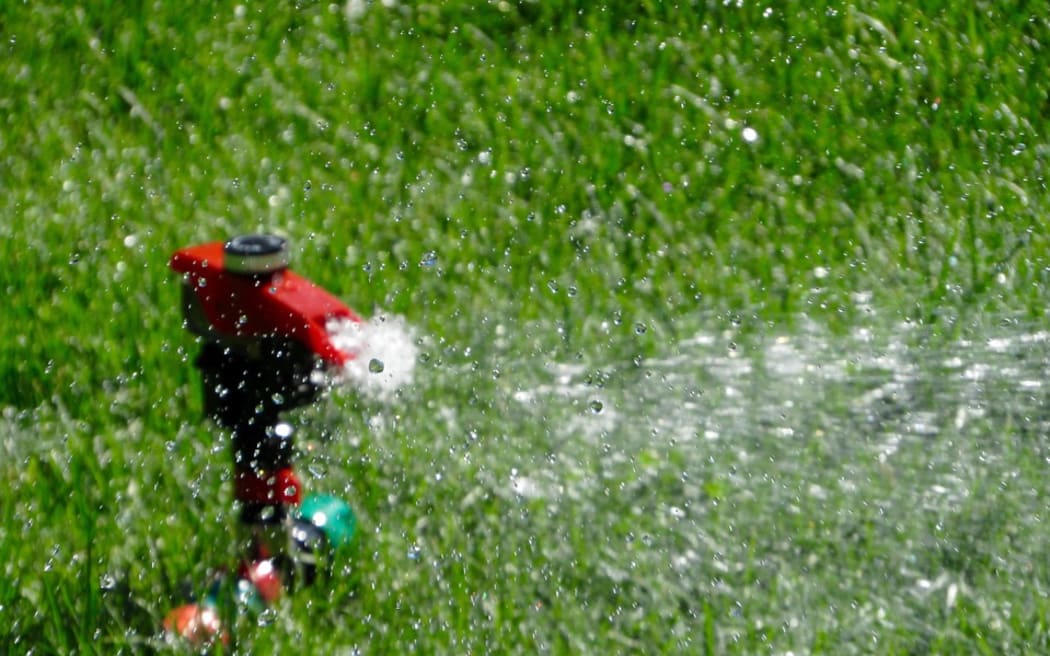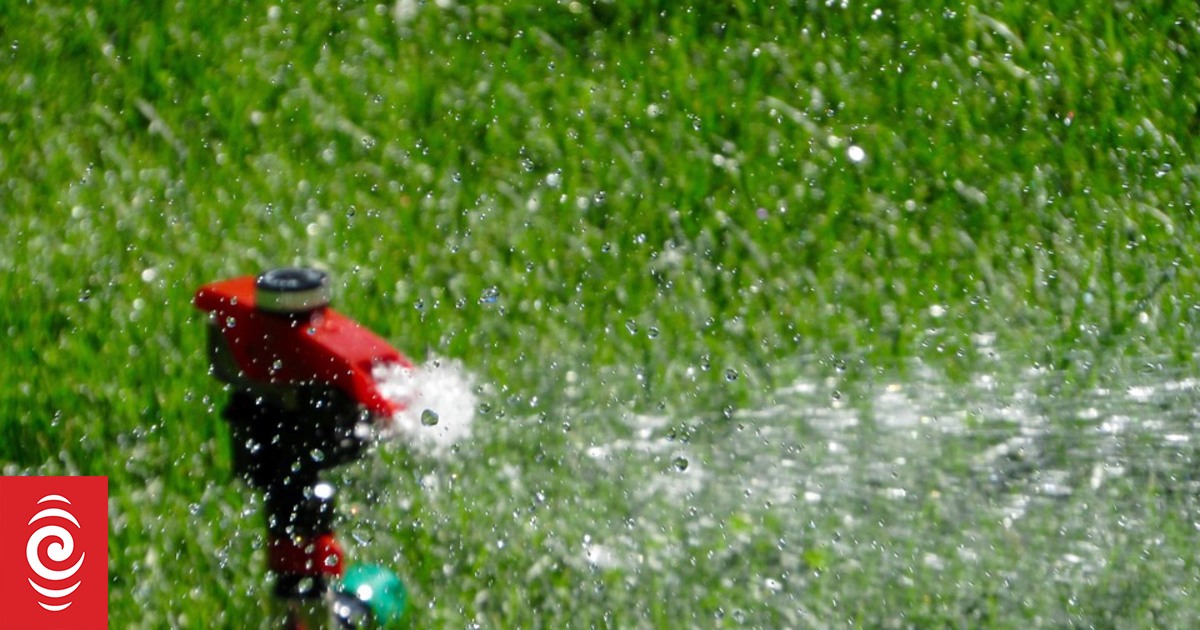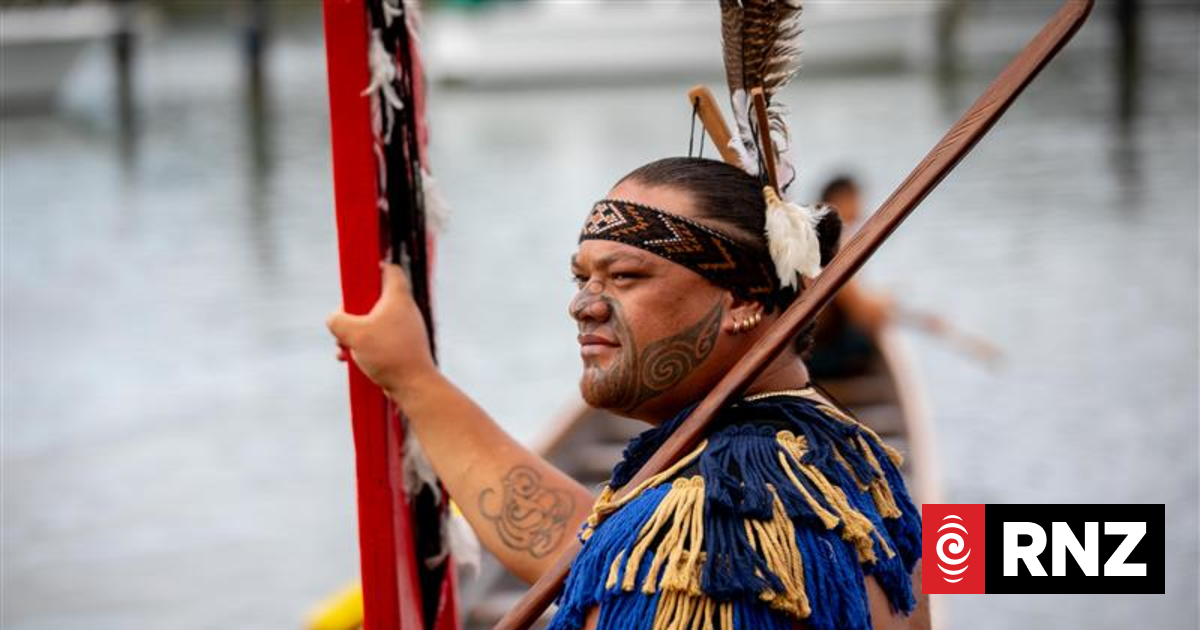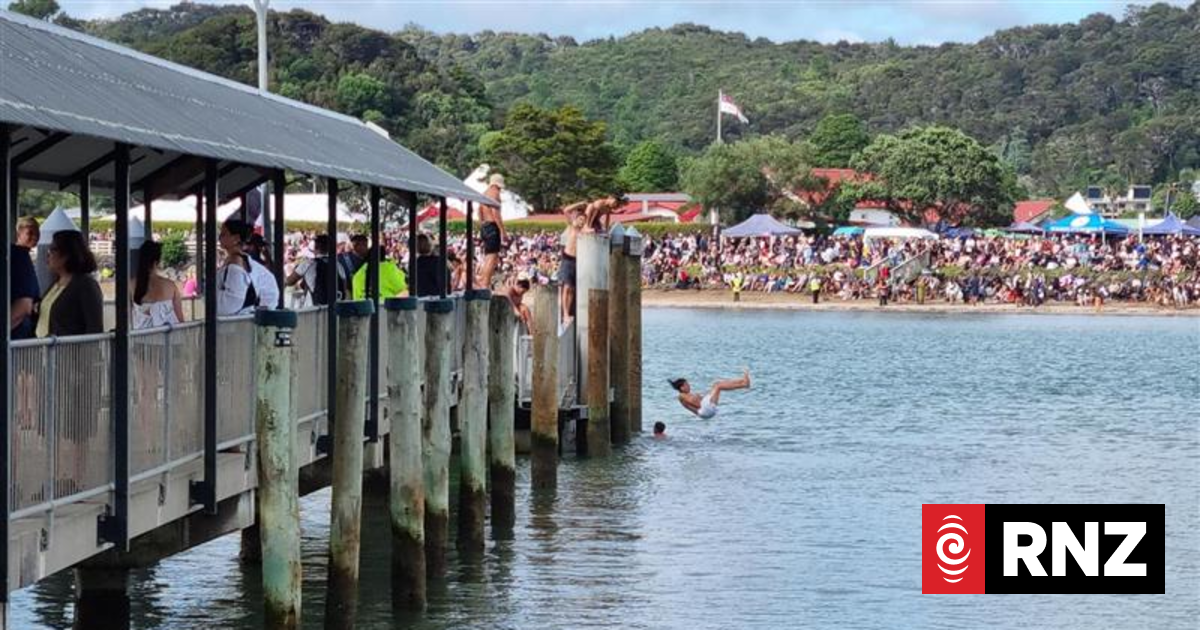
File photo
Photo: Pixabay
Water use in Dargaville has gone up instead of down since the Kaipara District Council brought in water restrictions just under two weeks ago.
Since the call went out to conserve water on 12 February, residents connected to the town water supply in Dargaville and Baylys Beach have used on average an extra 103 cubic metres per day, compared to the ten days before restrictions came in.
That has prompted the council to again call on residents to reduce water use – especially with Northland Field Days, one of the region’s biggest events, starting in Dargaville in less than a week’s time.
Infrastructure general manager Anin Nama said flow in the stream supplying Dargaville’s water had increased slightly in recent days, but it was not enough to get the town out of the woods.
“Without significant rainfall on the radar, we still need to reduce our water use to ensure everyone has enough for their daily needs. We want to avoid Level 4 restrictions if we can.”
Nama urged locals to keep reporting any leaks by calling the council on 0800 727 059 and to talk to friends, family and neighbours to make sure they were aware of the restrictions.
Under the current Level 3 restrictions, households and businesses on the town supply water in Dargaville and Baylys Beach were barred from using water blasters or hoses to wash vehicles, windows, buildings and paving; using sprinklers or irrigation systems to water lawns or gardens; or filling pools from the mains supply.
In Level 4 only essential water use, for cleaning, cooking and washing, was permitted. All outdoor use was banned.
Dargaville’s main source of raw water was the Waiparataniwha Stream at the southern end of Kaihu Forest.
There were no other water restrictions in the Kaipara or Whangārei Districts.
In the Far North Level 2 restrictions banning the use of sprinklers was in force in Ōpononi-Ōmāpere, Ōmanaia-Rāwene, Kerikeri-Waipapa, Kaikohe-Ngāwhā and Paihia-Ōpua-Waitangi.



